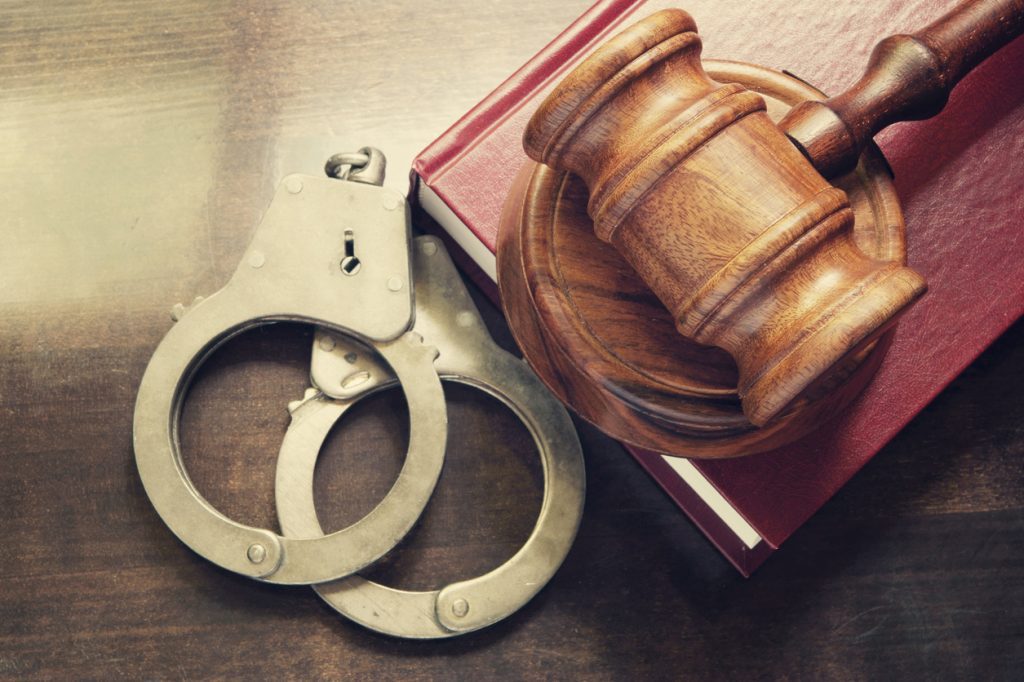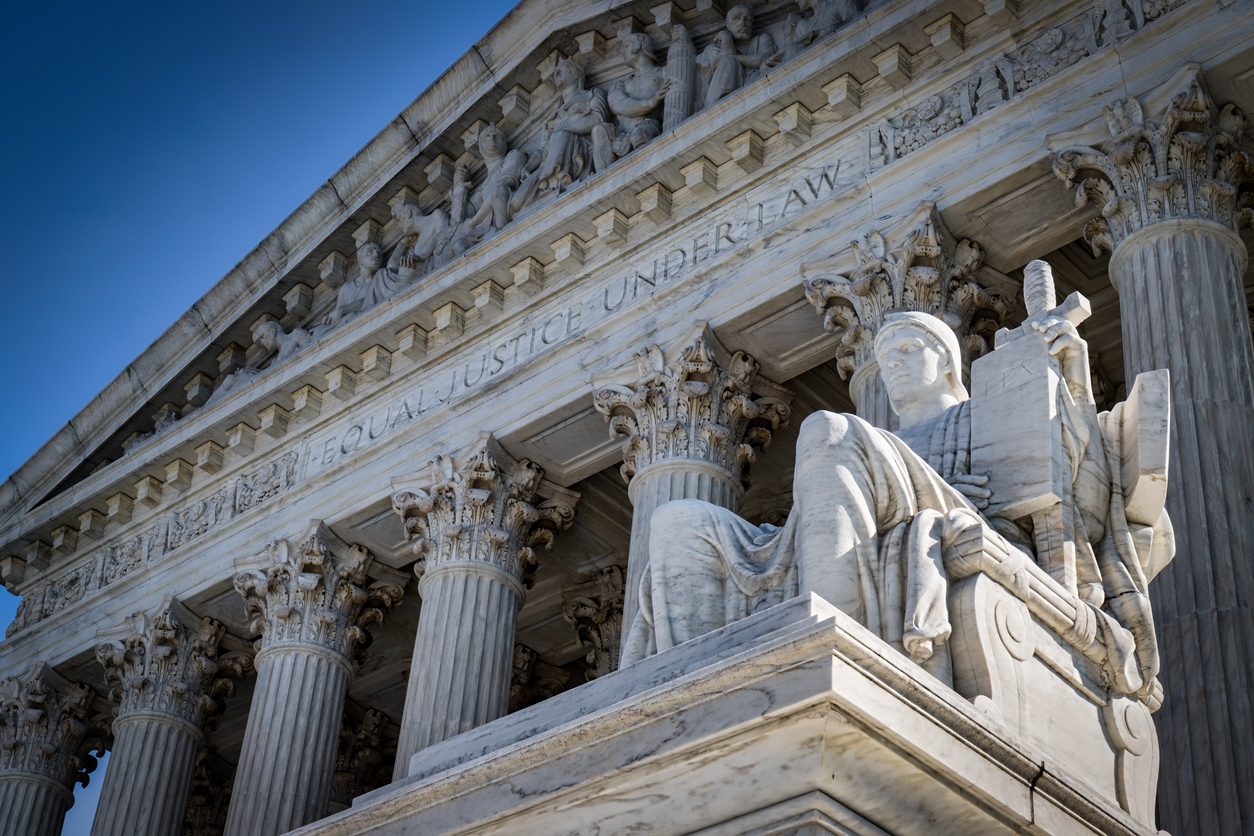Probable cause is what the government needs to take certain actions against you. The concept of probable cause comes from the Fourth Amendment to the U.S. Constitution. For police officers, they generally need probable cause to make an arrest, conduct a search or get a warrant. For prosecutors, probable cause is the amount of evidence they need to move a case past a preliminary hearing. What constitutes enough evidence to meet the probable-cause standard depends on many different factors.
What is probable cause?
Probable cause is what the government needs to take certain actions against you. The concept of probable cause comes from the Fourth Amendment to the U.S. Constitution. For police officers, they generally need probable cause to do certain things. Examples include making an arrest, conducting a search or getting a warrant. For prosecutors, probable cause is the amount of evidence they need to move a case forward. What amount of evidence is enough to meet the probable-cause standard depends on many factors.
How does the probable-cause rule apply?
If you have trouble understanding what probable cause means, you’re not alone. Police officers, attorneys, and even judges struggle with it. And, on some occasions, they get it completely wrong.
But some federal courts have provided helpful guidance in understanding the concept. For example, in the context of search warrants, federal courts have described probable cause as “facts and circumstances which indicate a fair probability that evidence of a crime will be located on the premises of the proposed search.”
In essence, probable cause for a search means what it sounds like. There is probably cause for a search. If there is a fair chance that police will find evidence of a crime where they say it is, there likely is probable cause.
These examples apply to search warrants. But the logic behind them applies other situations, too. For an arrest warrant, police officers need to prove there is a fair chance that you committed a crime. For a preliminary hearing, prosecutors need to prove that there is a fair chance that you committed the crimes that you’re charged with.

Do police always need probable cause to search or arrest someone?
No. Police generally need probable cause and a warrant before they search or arrest someone. But that is not always the case. Sometimes, police can arrest or search you without probable cause.
For example, if you consent to a search, officers don’t need probable cause or a search warrant. A common example of this might be during a traffic stop. If the police officer asks to search your vehicle and you let them, they don’t need a search warrant.
And, if police didn’t search you before arresting you, they can search you after the arrest as well. Courts call this a “search incident to lawful arrest.”
Another exception to the probable-cause or warrant requirement is if there are exigent circumstances. The “exigent circumstances” exception basically applies to emergency situations. If there is immediate danger, police don’t need probable cause or a warrant. That’s true if someone might destroy evidence or if a suspect might escape, too.
Another example involves “reasonable suspicion,” another complicated legal concept. If a police officer reasonably suspects that a crime took place, they can search or detain you. The same is usually true if they reasonably suspect you’re armed and dangerous as well.
Finally, there are separate rules that apply to vehicles. Imagine that police suspect you of possessing heroin. Now imagine they believe there is evidence of heroin possession in your vehicle. In that circumstance, they can likely search your vehicle, too.
Do prosecutors always need probable cause to go to trial?
Yes. Prosecutors may not be able to convince a judge that there is probable cause at a preliminary hearing. If they can’t, the judge will dismiss your case. The same is generally true in a case with a grand jury, too. If the jury does not believe there is enough evidence to support the government’s case, they likely won’t issue an indictment.
The Takeaway:
Probable cause is what the government needs to take certain actions against you. For police officers, probable cause is generally required to make an arrest, to conduct a search or to get a warrant. For prosecutors, probable cause is the amount of evidence they need to move a case past a preliminary hearing.






